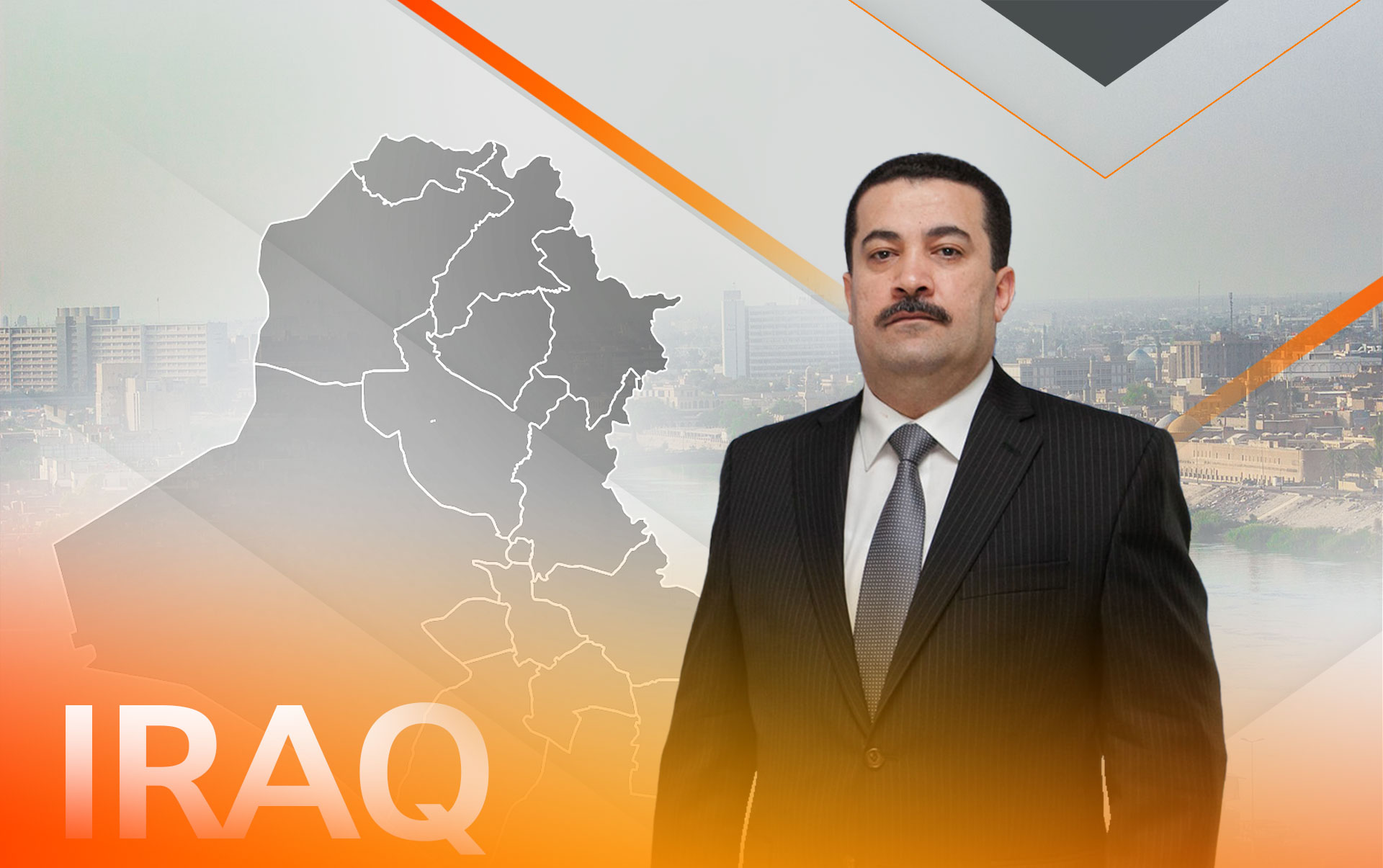The administration of Mohammed Shia Al-Sudani, which secured parliamentary approval close to a month ago, continues to wrestle with efficacy, despite a promising start characterized by intense dialogue and an ambitious policy agenda. The challenges at the helm of the prime minister's office have seemingly left Al-Sudani navigating a familiar path of former administrations.
Within Al-Sudani's first month, considerable efforts were made to vilify the preceding government led by Prime Minister Kadhimi. The present administration, in coordination with the media, has attempted to saddle the Kadhimi government with a substantial portion of Iraq's failures spanning the last two decades. The focus on its predecessor's shortcomings may prove to be a double-edged sword for Al-Sudani's administration, particularly given that Kadhimi's tenure represents just 10% of post-2003 Iraqi governance.
In contrast to Kadhimi's foreign policy-driven administration, Al-Sudani has concentrated predominantly on domestic issues. His initial actions and statements addressed the marginalized Shiite provinces, in line with the cabinet and Shiite parties' slogan of a "service government". However, the administration faces a formidable challenge in addressing long-standing issues in the Sunni and Kurdistan regions. Notably, Al-Sudani's first diplomatic visit was to Jordan, eschewing the precedent of visiting Saudi Arabia and Iran.
A significant concern remains the unresolved fate of the 3.7 trillion IQD ($2.5 billion) lost in "corporate tax deposits." Despite promising to initiate investigations, progress has been stymied due to the lack of an effective implementation mechanism within the Office of Financial Supervision and control of the Iraqi Anti-Corruption Commission by former Prime Minister Al-Maliki. The latter's control over the Commission, presumably to monitor corruption cases during his tenure (2005-2014), further complicates Al-Sudani's task.
Though Al-Sudani, while serving as an MP, vehemently criticized Kadhimi's decision to inflate the dollar value against the Iraqi Dinar, he has deflected any fallout from that decision, maintaining he is simply "adhering to the central bank's policy." Notably, his move to establish a supreme "anti-corruption" committee under his command, similar to Kadhimi's "Decision 29 of 2020", was lauded by many, even as it dismisses the roles of the Council of Corruption and Financial Control.
In a curious twist, former Prime Minister Al-Maliki announced Al-Sudani's intention to replace all governors to effect change at the local level. However, complications arising from recent election results and the Sadrists' parliament withdrawal pose significant impediments. Also, the landscape has shifted considerably since the last provincial elections nine years ago, driven by factors like the October 2019 demonstrations, which introduced new forces and groups.
Al-Sudani's relationship with the Kurdistan Region follows in the optimistic footsteps of predecessors Adel Abdul-Mahdi and Mustafa Kadhimi. However, infighting between Kurdistan's primary forces, the PDK and PUK, coupled with the looming six-month deadline for resolving longstanding issues such as oil control, present substantial challenges to this administration.
Al-Sudani's recent visit to Kadhimiya Hospital unveiled a self-critical undertone when he lamented, "God does not grant us success in this service." The current Minister of Health, a former incumbent and member of the PM's party, further dampens the optimism that new leadership could improve Iraq's situation. With no minister having yet unveiled plans to implement the government's agenda this month, the future remains uncertain for Al-Sudani's administration.



